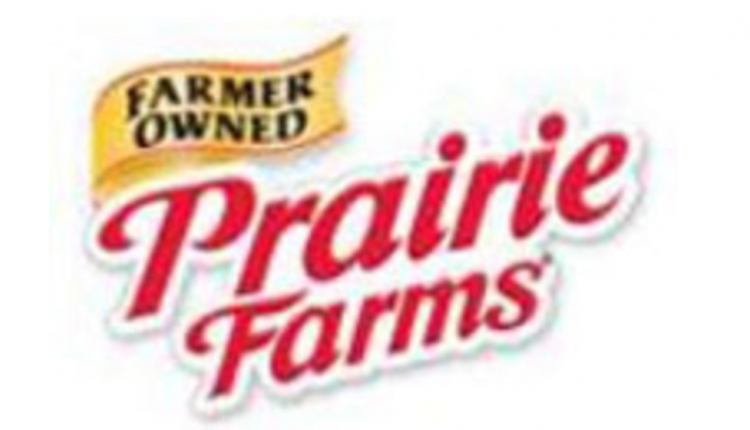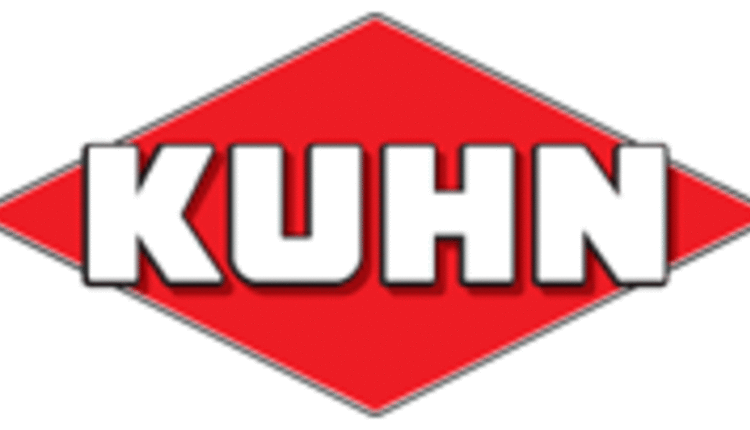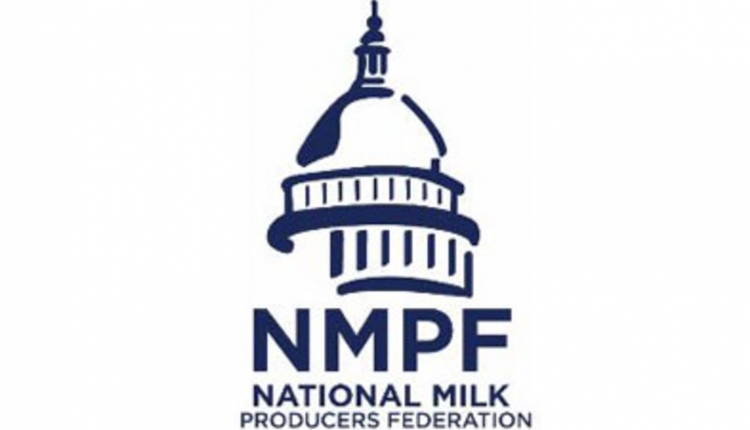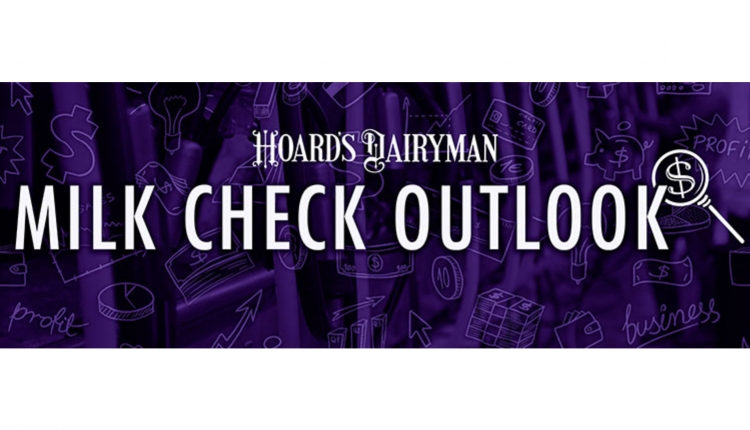
The overarching message on how the animal agriculture community can protect the livelihoods of farmers, ranchers, veterinarians and industry professionals is to engage and change the perception of the industry, according to speakers at the 2017 Animal Agriculture Alliance Stakeholders Summit. A record-setting 276 people attended the Summit, held in Kansas City May 3 and 4.
Two panels discussed how farm tours and engaging with consumers are key to growing confidence in agriculture. The first panel included Rex Martin, senior vice president, owner relations and Scott Wallin, director, consumer confidence, both with Dairy Management Inc.
Martin and Wallin shared how DMI is engaging with unexpected audiences about the dairy industry with their “Acres to Avenues” video initiative connecting farmers with consumers and having them switch roles for a day to learn what it takes to do each other’s job.
The second panel which focused on how farm tours can be an instrumental tool in engaging with influencers included Meagan Cramer, director of communications & marketing, Kansas Farm Bureau; Jancey Hall, program manager, Kansas Soybean; Stacey Forshee, Kansas grain and beef farmer; LaVell Winsor, Kansas grain farmer; and Abby Heidari, Registered Dietitian.
“Remember that your common knowledge is not the consumer’s common knowledge,” suggested Heidari.
Media also plays a role in shaping consumer perceptions and Luke Runyon with Harvest Public Media and Tyne Morgan with U.S. Farm Report explained how the tone of rural America changed in the media after the presidential election.
“Rural America has this very loud voice out there and maybe they’re not the loudest, but they’re the silent majority often times,” Morgan said. After the election, “the media finally wanted to hear what rural America had to say.”
Morgan and Runyon shared how it is in agriculture’s best interest to cultivate a relationship with media proactively and when your company or organization isn’t currently in the news. Working with potentially biased media was highlighted in the next panel with Cindy Cunningham of National Pork Board, Jennifer Trey of Illinois Pork Producers and Phil Borgic of Borgic Farms. Be transparent, talk to reporters and use your tools to determine if a response will help or hurt the situation were three pieces of advice offered by the panelists to help set the record straight.
Key issues often covered in the media were discussed in the next session, including antibiotics, sustainability and animal agriculture’s role in public health. Panelists included: Leah Beyer, director, digital and social media communications, Elanco Animal Health; Dan Thomson, D.V.M., Ph.D., Jones Professor of Production Medicine and Epidemiology, Kansas State University; and Steve Solomon, M.D., principal, Global Public Health Consulting.
Beyer shared how consumers are not talking about antibiotic use in animal agriculture on social media, but some meat companies are dominating the conversation while Solomon shared how everyone “just wants to do a better job” in regards to how medicines are used both in animal agriculture and in human health.
“Activists today are masquerading as the consumers” working to increase the price of food, according to Thomson. “This is about sustainability of mankind and providing good for people in an affordable manner. Poverty in this country is determined by the price of food.”
Broiler chicken welfare took the stage to kick off the second day of Summit with a panel exposing how animal rights organizations are threatening not only the sustainability, but the welfare of broilers with the demand for “slower-growing” chickens.
Three broiler welfare experts included Kate Barger Weathers, D.V.M., director of world animal welfare, Cobb-Vantress, Inc.; Ken Opengart, D.V.M., Ph.D., D.A.C.V.P., head, global animal health & welfare and U.S. sustainability, Keystone Foods; Matt Salois, Ph.D., director of global scientific affairs & policy, Elanco Animal Health.
“Animal welfare is currently being defined by a very noisy group of people,” said Barger Weathers, alluding to the animal rights activist organizations. “We need to paint the positive picture of agriculture.”
Opengart and Salois talked about the broiler industry’s efforts towards continuous improvement and how “slower growing chickens will absolutely have a negative impact on sustainability.”
The conversation shifted to campus dining with Topanga McBride, agricultural communications and economics student and Melissa Schrader, assistant unit director at Kramer Dining Center, both from Kansas State University.
“It’s not only about feeding students to support their education, but also educating them about where their food comes from,” said Schrader. She shared how their campus dining program brings in farmers to join their chefs to help answer student questions.
“The conversations [about agriculture] have gotten better with more discussions,” said McBride. “Mostly it’s people just looking for answers and they haven’t found them yet.”
Another panel featured Domino’s Pizza with Tim McIntyre, executive vice president of communication, investor relations and legislative affairs sharing that the pizza company supports farmers and ranchers and will never cave to supply chain demands made by animal rights extremists.
Next, three more speakers took the stage to talk about how to defend against activist threats. The panelists included Greg Slipher, livestock specialist, Indiana Farm Bureau; Michelle C. Pardo, partner, Norton Rose Fulbright; and Mike Siemens, Ph.D., director of business development, agribusiness division, Arrowsight. Slipher emphasized how the industry needs to “own the message” and “be the source of the information” about animal agriculture to minimize challenges and activist threats. Pardo delved into the trend of consumer fraud action by animal rights groups attempting to paint a negative picture of animal agriculture by attacking package labels and offered compliance as one way of avoiding lawsuits by activists. Siemens shared how remote video auditing can be a tool for companies to use to help improve their operations by ensuring compliance and committing to continuous improvement.
To close the Summit, Diane Sullivan, affordable food and anti-poverty advocate who defended low-income consumers against the 2016 ballot initiative in Massachusetts addressing animal housing shared why taking action and protecting animal agriculture matters.
“I know that productive agriculture is among the very best friends that struggling people have,” said Sullivan. “We must have the voice of the victims join with those who produce” and “protect our dinner plates from the self-appointed food police.”
Videos from Summit sessions will be posted at http://agtoday.us/2017-aaa-summit as they become available.
The 2018 Summit will be held May 3-4 at the Renaissance Capitol View in Arlington, Va.
Thank you to 2017 sponsors and supporters:
Thank you to our 2017 Summit sponsors: Farm Journal Media, Meatingplace, Watt Global Media, American Feed Industry Association, Farm Credit, National Pork Board, National Pork Producers Council, National Turkey Federation, United Soybean Board, American Veal Association, Council for Biotechnology Information, United Egg Producers, Cobb-Vantress, Inc., GNP Business Unit of Pilgrim’s Pride Corporation, Kemin, National Chicken Council and Live Oak Bank.
The Alliance thanks the following members for their continued support of Summit and other Alliance programs: U.S. Poultry & Egg Association, Merck Animal Health, Charleston|Orwig, Diamond V, Zoetis, Alltech, Inc., Aviagen Group, Bayer HealthCare LLC, Cargill, Cattle Empire, LLC, Genus PLC - PIC/ABS, Hendrix Genetics, Hy-Line North America LLC, National Cattlemen’s Beef Association, Potash Corp., Provimi North America, Inc., Seaboard Foods LLC, Smithfield Hog Production and Iowa Soybean Board.
About the Alliance:
The Animal Agriculture Alliance is an industry-united, nonprofit organization that helps bridge the communication gap between farm and fork. We connect key food industry stakeholders to arm them with responses to emerging issues. We engage food chain influencers and promote consumer choice by helping them better understand modern animal agriculture. We protect by exposing those who threaten our nation’s food security with damaging misinformation. Find the Alliance on Facebook and Twitter.





